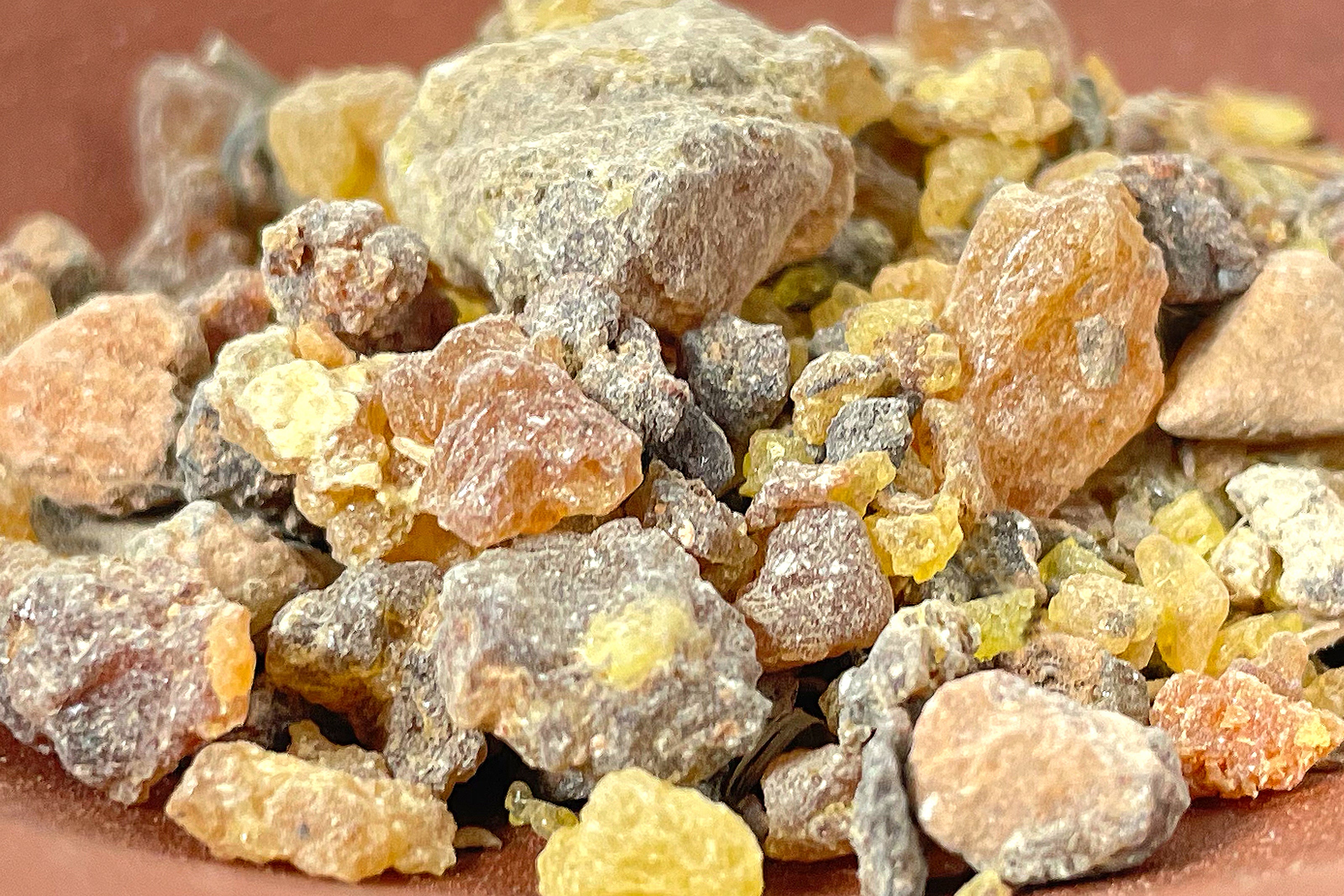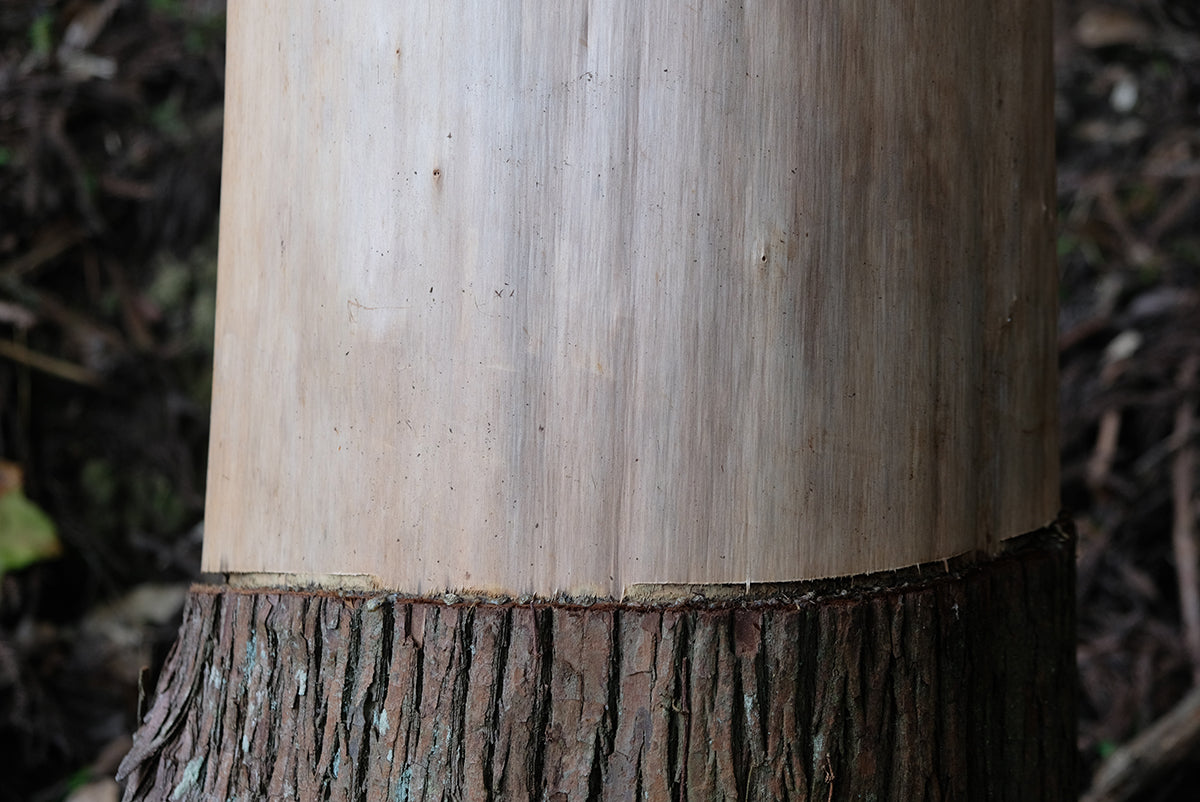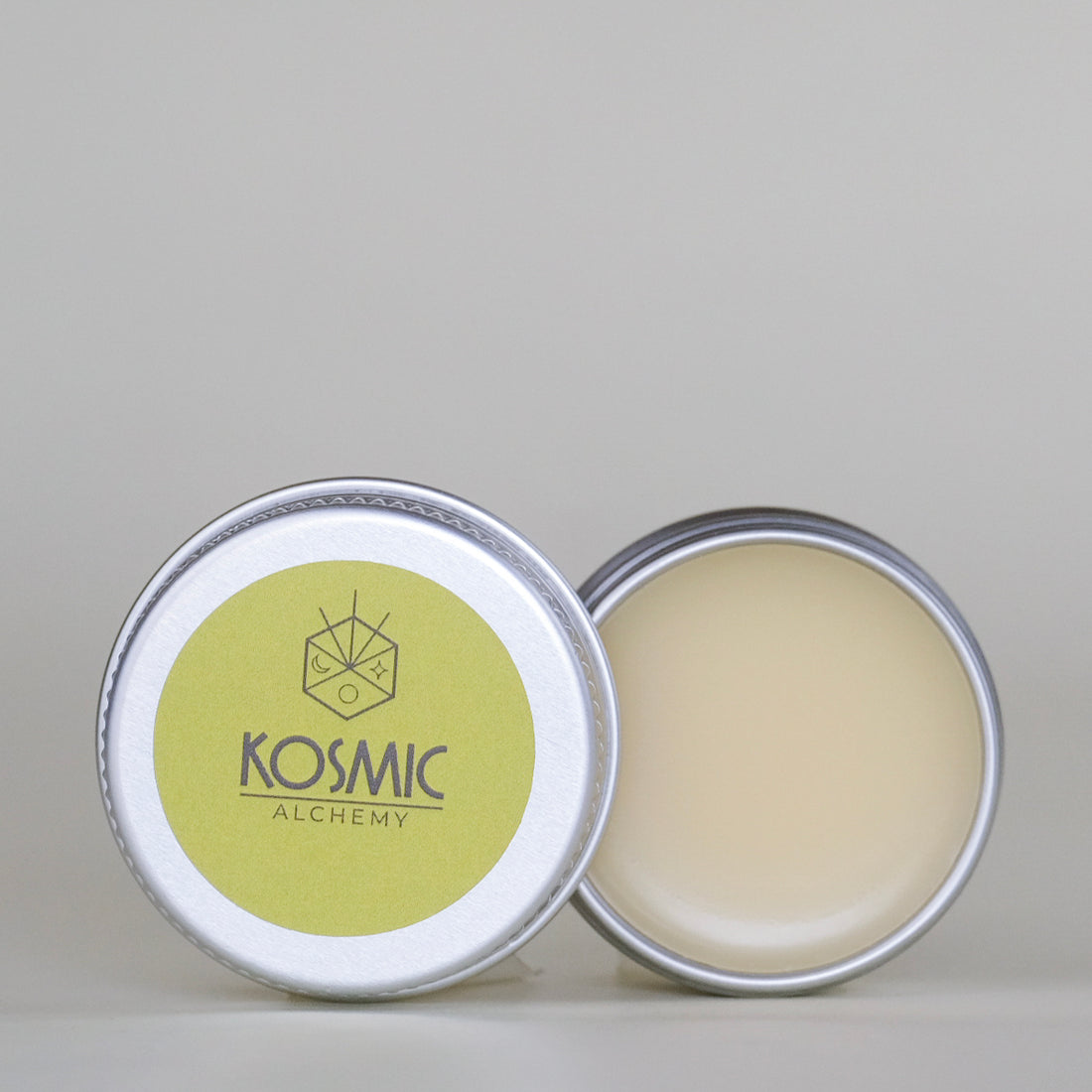The Pineal Gland: A Gateway to Spiritual Awareness?

Lately I've been fascinated by the mysteries of the pineal gland. Sometimes called the "third eye," this organ sits in the center of the brain and regulates our sleep-wake cycles, but it makes me wonder if there's more to it than that. Ancient traditions revered the pineal gland as the seat of higher consciousness. This idea naturally connects to frankincense, a sacred resin used since ancient times in ritual. Is there a connection beyond mere symbolism?
Frankincense and its effects on the brain

Frankincense contains compounds such as incensole acetate that are said to have a calming effect on the brain. Its scent may have the effect of slowing down time and arranging your thoughts. Could these effects affect the pineal gland? There is no clear scientific evidence, but there may be subtle interactions going on that we don't yet fully understand.
The Pineal Gland and Mental Chemistry
Even more intriguing is the idea that the pineal gland produces dimethyltryptamine (DMT), as proposed by researchers like Rick Strassman. The possibility that this tiny organ could produce a substance that produces profound spiritual experiences is both fascinating and a bit mind-boggling. Could it be that substances like frankincense used in rituals could be the key to tapping into these deeper layers of consciousness?
Philosophical Reflection and Ritual Practice
Marcus Aurelius once said, "Understand that it is we ourselves who have power over our minds, not external events, and you will have power." This Stoic philosophy resonates with frankincense rituals, encouraging introspection and mental clarity. Similar wisdom is found in Chinese and Indian traditions, which emphasize self-cultivation as the starting point for harmony. The Bhagavad Gita teaches the importance of transcending distractions through disciplined practice and devotion. Burning frankincense creates a calm and focus that is difficult to find in everyday life.
The "third eye" symbolism across cultures

In many cultures, the "third eye" symbolizes higher awareness and spiritual consciousness. The Ancient Egyptian Eye of Horus symbolizes protection and insight and is sometimes associated with the pineal gland. In Hinduism, the Ajna Chakra represents wisdom and intuition, and in Chinese philosophy, the "heavenly eye" or psychic vision is thought to be developed through meditation. These shared beliefs suggest that the pineal gland may be a conduit to deeper understanding and spiritual transcendence.
Exploring the relationship between ritual and physiology
Could meditative states and pineal activity be factors in explaining the spiritual power of ritual? The connections between ancient practices, biochemistry, and the search for meaning may point to more than just symbolism. Might our ancestors have had an intuitive, if not scientific, knowledge of these substances and their effects on the body and soul?
The power of tradition
Even if the mechanisms are not fully understood, there is power in connecting with these traditions. Whether or not frankincense affects the pineal gland, its scent, history, and ritual use create a space for connection with ourselves and with something greater. It continues to have power as a symbol and a tool for exploring the mysteries of consciousness.

















